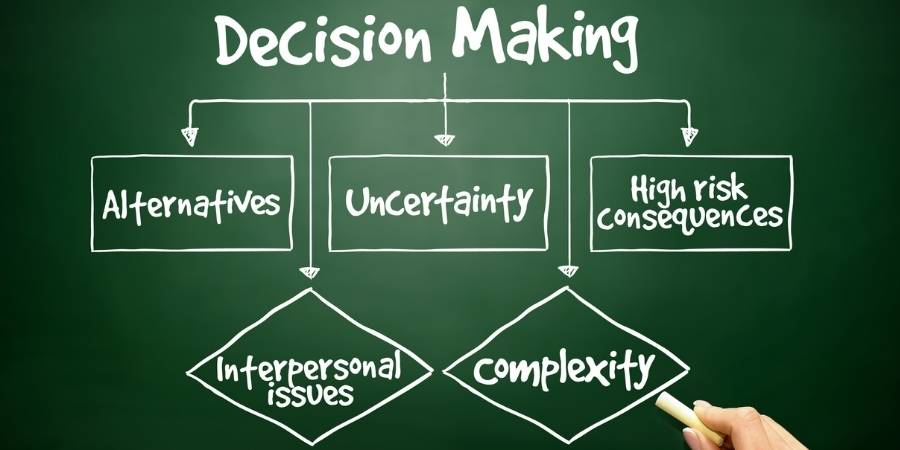Entrepreneurship is often seen as a route for people to make the world a better place, with the promise of wealth and success. Businesses have risen in popularity across America over the past decade and now are an important part of society.
However, there has been some confusion on what it means to be an entrepreneur; most definitions seem to indicate that they’re just people who run their own company or start their own business.
The article below discusses Entrepreneur Examples by discussing business venture characteristics that lead to entrepreneurship.
1. Responsibility of Success Or Failure
It’s important to understand that regardless of what the person has been successful in, it’s up to them to determine whether they are a successful entrepreneur or not. This can be dangerous if you view entrepreneurship as a way in which you’re going to take advantage of people.
The decisions made by entrepreneurs are very different from traditional jobs. Entrepreneurs have many decisions that affect their business, and they make these decisions based on their company’s vision and goals. Entrepreneurs can make mistakes and learn from them, but traditional employees cannot do the same.
An example of an entrepreneur responsible for his success or failure is Mark Zuckerberg, who worked hard to create Facebook. He’s had to make many decisions to keep the business running – some were successful, and some weren’t. But it was up to him as a person what made sense based on his company’s goals.

2. Firm Decision Making
Employees are not responsible for their own decisions. They’re given direction and follow it to the best of their ability. On the other hand, entrepreneurs make all the decisions that affect the company; this includes what products to create, how to market them, and how they should run their company.
Employees are given directions by their bosses, who follow them to the best of their abilities; often, they can become complacent with their job. Entrepreneurs still have jobs because a business is still a business, but the main difference is that entrepreneurs control what they do and make all decisions for the company.
An entrepreneur, in my opinion, has to be a bit of an eccentric genius. A good example of an entrepreneur is Elon Musk, who owns Tesla and SpaceX. Even though he’s extremely successful in both these companies, it wasn’t always smooth sailing for them.
For example, SpaceX designed the first Falcon 1 rocket, but the first attempt at launching into orbit failed. This didn’t make Musk any less of an entrepreneur because he was in full control of the company and decided that to succeed, he would have to rebuild his rocket and try again – a decision few people would be willing to make.
3. Cognitive Vision
A cognitive vision is an idea in your head, but there’s more to it. An entrepreneurial vision must have both a practical and a creative component. In other words, knowing what you want to do is not enough. It has to be expressed so that people can see and understand what you’re saying and the benefits they’ll receive from it.
The entrepreneur’s mind must be able to think outside the box when you can look at a company like McDonald’s and see how it is run as a classic example of a large corporation or an example of an entrepreneurial firm. But whichever way you look at it, they are in control and make all the decisions that affect their business.

4. Mass Appeal
Traditional businesses push their products, services, and ideas to a targeted audience. If these ideas are great and people enjoy them, then it’s likely that other people will too because the first group of people are the most important part of the business.
Entrepreneurs don’t want mass appeal for their products; they want something that stands out enough so that only certain parts of the market will buy it. People who want something unique or different from everything else are a strong market for an entrepreneur to work in; this is why some companies specialize in one specific category.
5. Risk Taking
Entrepreneurs show the highest levels of risk-taking behavior. They take risks that change how humans think about the world around them, which makes an entrepreneur an entrepreneur.
Many people have lost money by investing in businesses because they don’t understand all the risks involved with entrepreneurship. Entrepreneurs work hard and make decisions based on their company’s vision and goals.
Entrepreneurship is much more than running a business or starting a business; it can see that success is not only an option but also an expectation. Optimism is the key to being successful as an entrepreneur, which means you have to see your ideas through and stick with them even though they aren’t working out.
